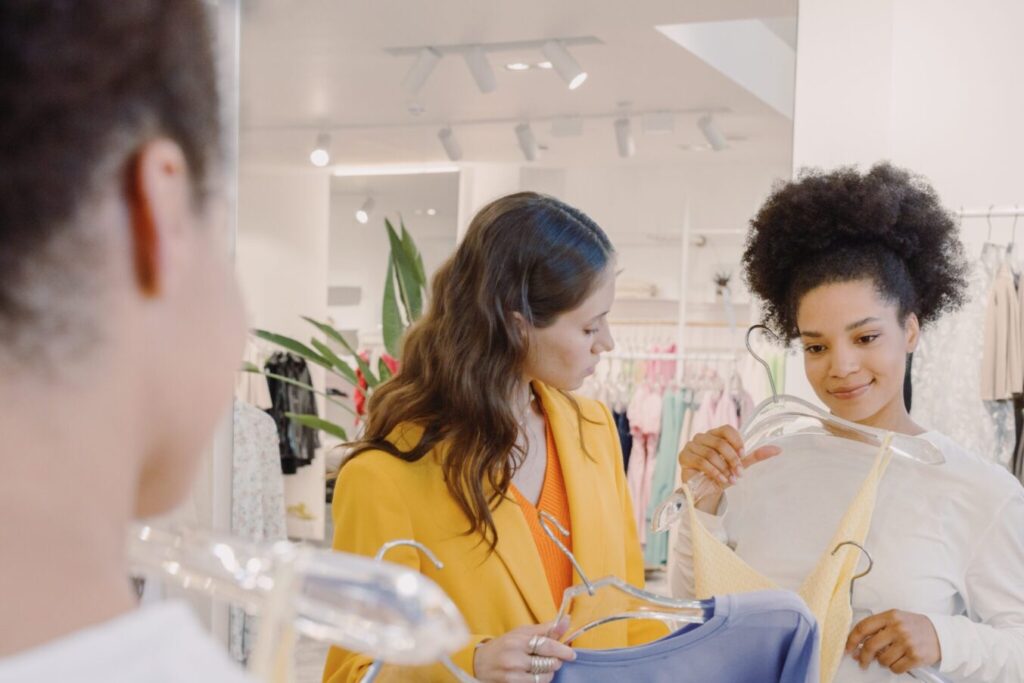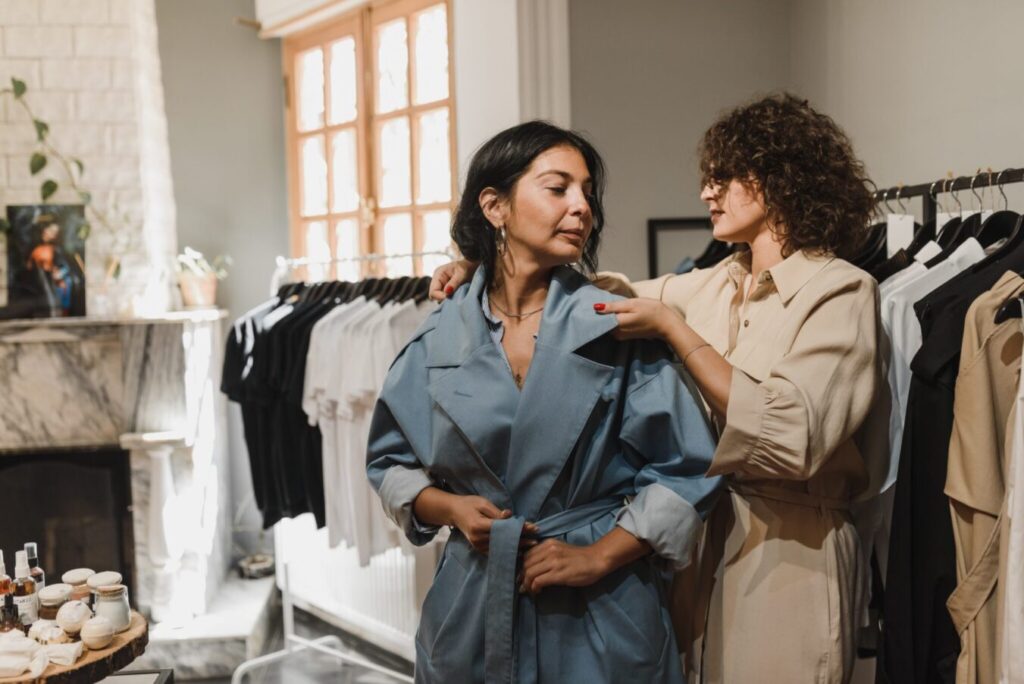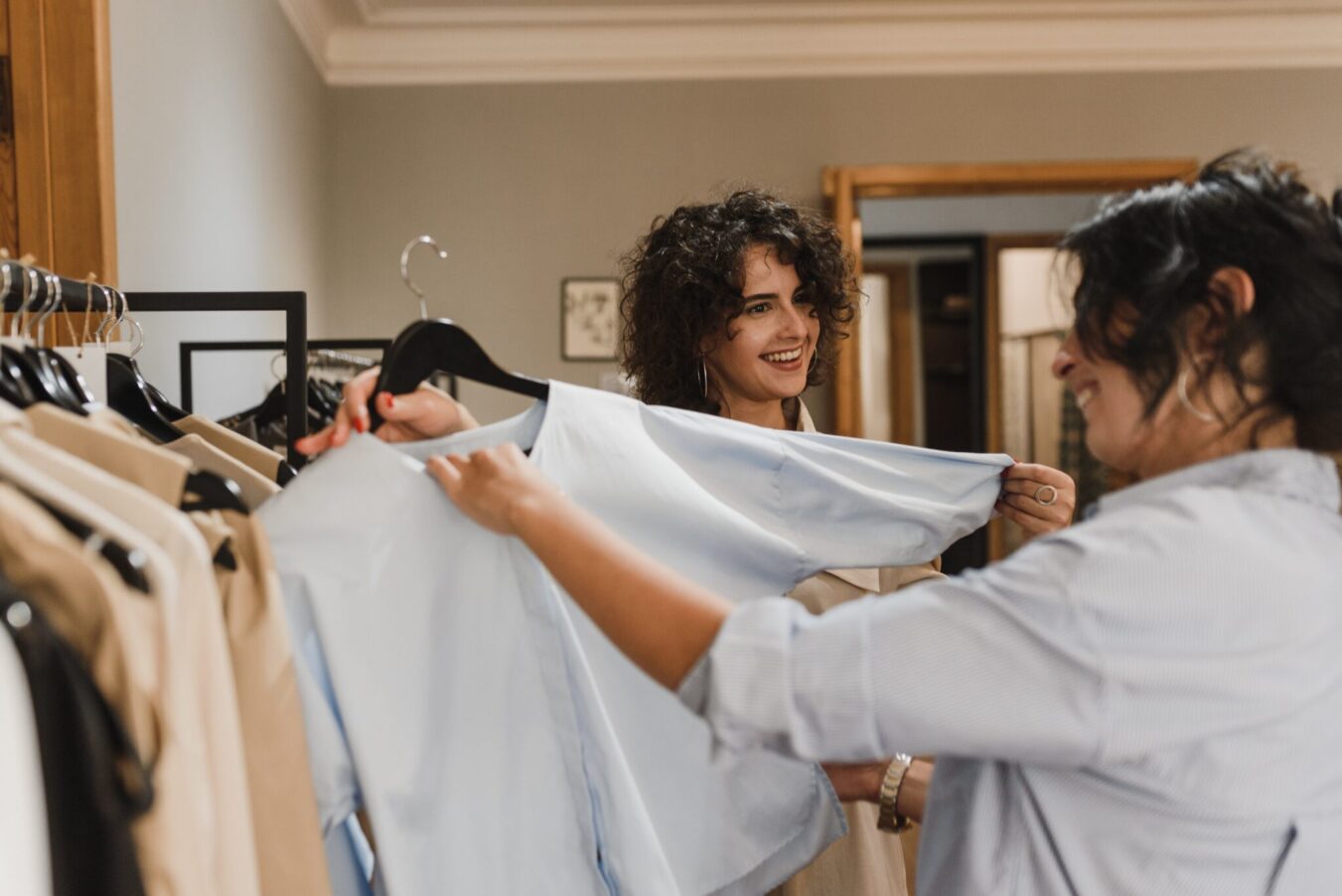Have you often found yourself aimlessly adding things to your shopping cart to experience a moment of happiness? Do you enjoy the immersive shopping experiences which teleport you to another universe? For many, shopping is much more than a random activity on a day off or a weekend. It’s an expression of an individual, an extension of their personality, a reflection oftheir mood.

The comfort of shopping
In the past decade, the global world of retail has been like a roller coaster of revolution. Consumers are given enormous options for shopping whether it’s online via apps, websites through a touch of the finger or via the varied offline places like malls, departmental stores, exhibitions, pop-ups, etc. The phenomenon of shopping is expanding rapidly anywhere and everywhere. It has penetrated the consumer’s mind in such an effective way that they are seeking experimental and seamless methods of consuming new goods across all the channels.
As most of the retail has shifted online, the shoppers are still lured by new innovative ways of shopping for tangible retail therapy. The retailers need to understand the behaviours and new opportunities which come along with the consumer’s enthusiasm and enjoyment to shop.
The journey to unwind something new with a convenience of human touch and presence is a vital factor for a one-of-a-kind retail getaway. As widely heard before, “When the going gets tough, the tough go shopping?” For many people, shopping is a vent to release the bottled-up stress and “Retail therapy” is one method to relieve stress.
The power of shopping and its ability to transform our lives consciously or unconsciously has been captured through the act of buying yourself a little something to boost your mood when you’re feeling low.

Shopping as a stress reliever
Whether pre-covid-19 outbreak or post the pandemic, a major spike in unprecedented levels of stress have been observed in consumers worldwide. The root cause of this stress can be related to personal or professional lives. While many consumers take traditional routes like meditation, yoga, exercise, etc. to relieve stress, there is a larger chunk of people who indulge in shopping.
“When I shop, the world gets better, and the world is better, but then it’s not, and I need to do it again.” Turns out there’s some truth to that adage. When we’re under stress, we often significantly react to things to surpass that ill-feeling. Following the same pattern, the urge to shop more increases under stress as it acts as a mood lifter and an instrument to feel positive about everything around us.
What are brands doing in respone?
Higher levels of distress have been linked with higher purchase intentions. The brands and retailers are coming up with innovative ways to fulfil the newly empowered consumers and their wants while shopping.
With the help of technology and AI, the brands are curating bespoke spaces for one-of-a-kind therapeutic experiences like stress-relieving seating to rhythmic music gloves for consumers to enjoy the shopping fiesta!

Enclothed cognition
The idea of retail therapy is strongly backed by phenomena of enclothed cognition. During a study conducted by researchers Hajo Adam and Adam D Galinsky, the term enclothed cognition was coined. It emphasized the clothing-versus-brain effect in action. According to enclothed cognition, it is the effect that our clothes tend to have on our various psychological processes. But, do clothes really affect us physiologically?
It includes the way we perceive or react to emotions, attitudes, interpersonal interactions and societal behaviour. The symbolic meaning which is associated with different types of attire reflects how clothes affect our behaviours and moods.
Clothes as a carrier of our expression
It often signifies the way we want to be treated by people, in which social group we belong or want to be accepted into. We even evaluate other people based on their choice of clothes irrespective of the fact if we have spoken to them to not.
This clearly states the importance of clothes and that we wear clothes that make us feel comfortable, confident and brings us a sense of calm while reflecting our behavioural patterns.

Whether you indulge in retail therapy while you’re happy or sad, you are bound to end up with some mind-bending questions for self-analysis.
Do we need to empty our wallets to feel better, or should we use shopping as an instrument to cope with a defense mechanism?
However, the joy of tangible therapy varies for every individual. If certain consumers are seeking happiness and satisfaction from shopping, they must indulge themselves and relish every moment. Afterall, it’s each to its own!



